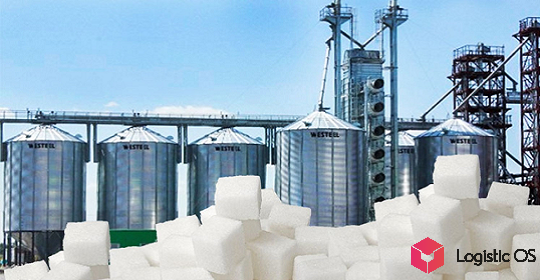Despite the record harvest of this year as a whole, some items may not be enough for domestic consumption.
During the interdepartmental meeting, the Minister of Agriculture of the Russian Federation Dmitry Patrushev noted that in general, Russia this year has collected a very good, even a record harvest.
We are talking about 151 million tons of grain, of which approximately 105 million tons are wheat.
Rice may not be enough
At the same time, this does not eliminate some of the problems on individual positions.
For example, on rice.
It is collected in Russia about 950 thousand tons. This is not such a positive result: in previous years, the harvest was a little more than a million.
And this level roughly corresponds to the volume of domestic consumption. So the export is likely to be banned.
However, it has already been banned: back in the summer, a decree was adopted that does not allow the export of rice and rice cereals from the territory of the Russian Federation until October 31 of this year, then the ban was extended until December 31.
As Patrushev noted, it is highly likely that the ban will be extended to 2023 in order to guarantee food stability for this position within the country.
In recent years, the production of rice cereals has gradually increased: 2019 — 386 thousand tons, 2020 — 440 thousand tons, 2021 — 504 thousand tons.
But this year there was a big trouble: an accident on a dam in the Krasnodar Territory, which is the main center of rice growing in the country.
This raised concerns that the final results for the production of rice cereals will be worse than in previous periods.
Sugar beet is also in question
There were very good forecasts for this crop for the current year: it was planned to harvest 43 million tons compared to 41 million tons last year.
But, as Patrushev noted, so far the reality is far behind optimistic expectations: at the moment, only 34 million tons of beets have been harvested.
This may lead to the fact that sugar production in the country may be on the verge of self-sufficiency, moreover, there may be a shortage.
For this reason, an additional measure may be considered, namely, benefits for the import of sugar into the country.
Currently, such benefits are also in effect: we are talking about a quota for duty-free import of 300,000 tons.
Most likely, if such a need arises, the volume will be increased. As the minister stressed, the ministry also keeps the situation with sugar under control.

